Behavior Modification
Dee Green has been a professional dog trainer and canine behavior consultant for more than 20 years. She specializes in puppies up to 18 months, and fearful, anxious, and reactive dogs of all ages.
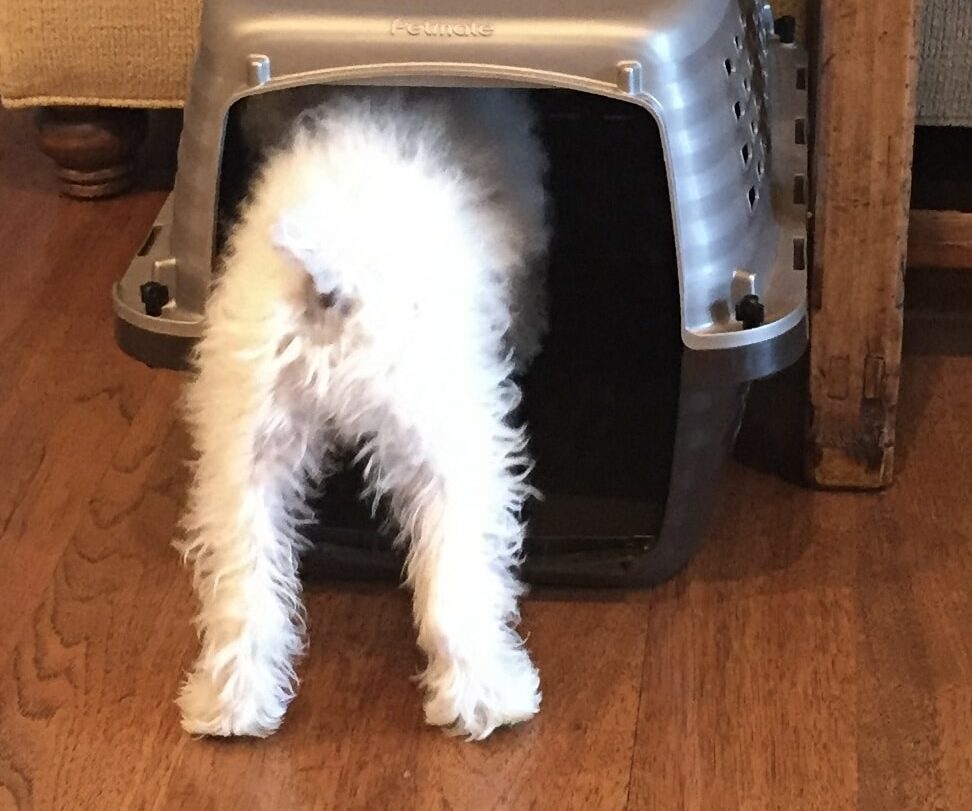
Puppy Crate Training First Step
The single most important behavior for puppies learning to enjoy their crate is the ability to walk into the crate
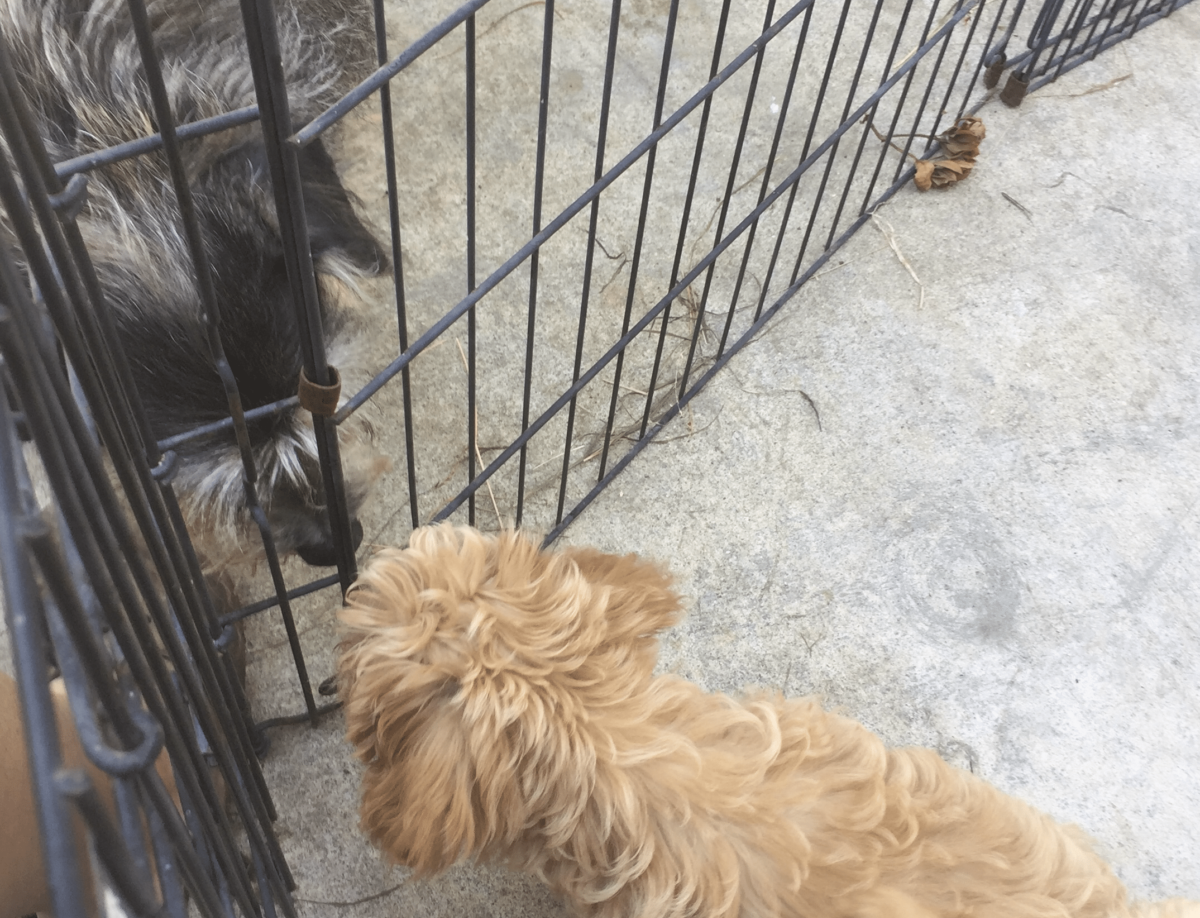
Dogs Learn From Scent, First
Familiarity with scent prior to direct exposure reduces anxiety in dogs, in my experience. They’re less likely to react and
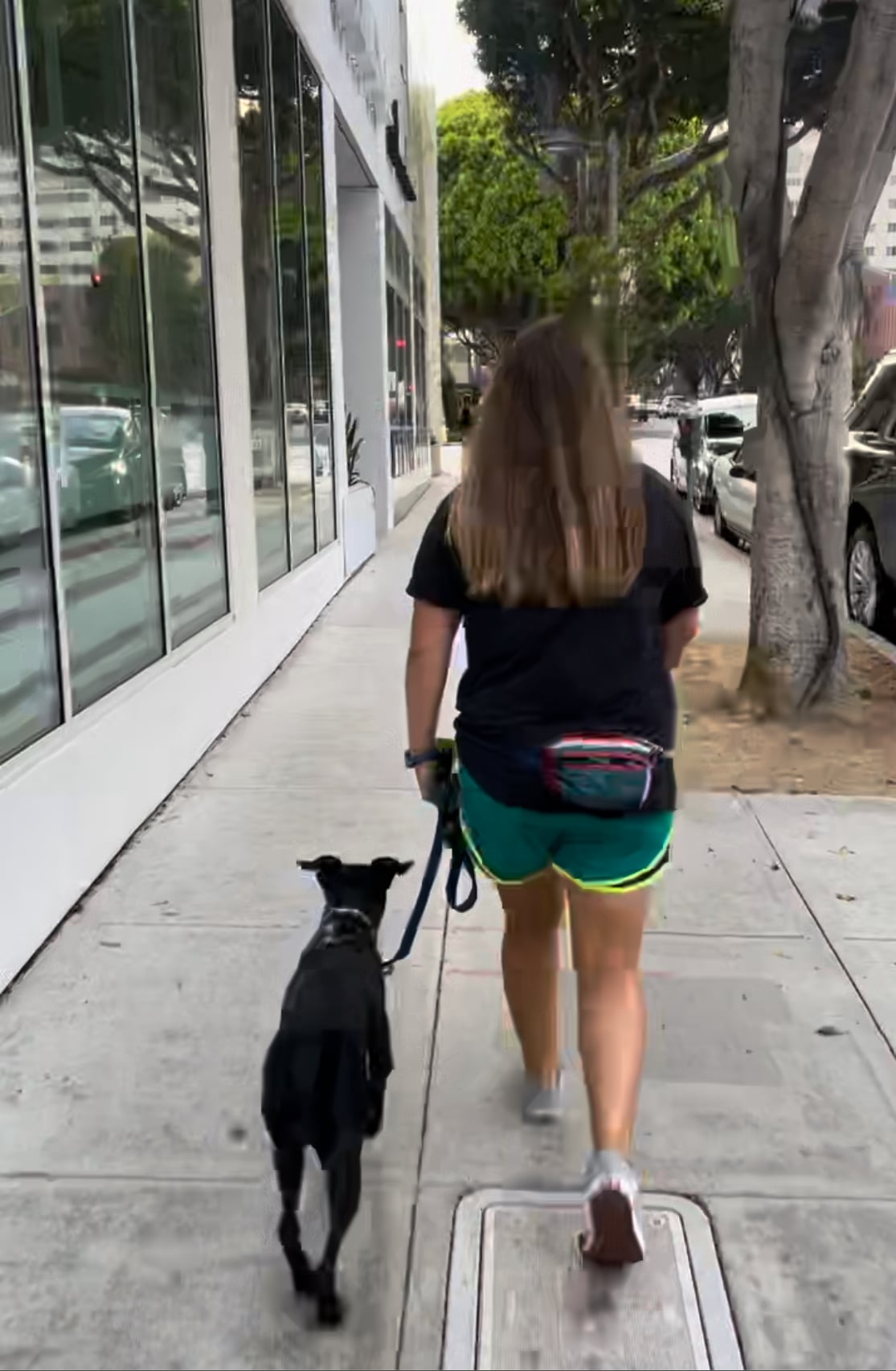
Loose-Leash FUN!
Comfortable (loose-leash) walking with their dog is the skill that guardians seem to struggle with the most. Few puppies or
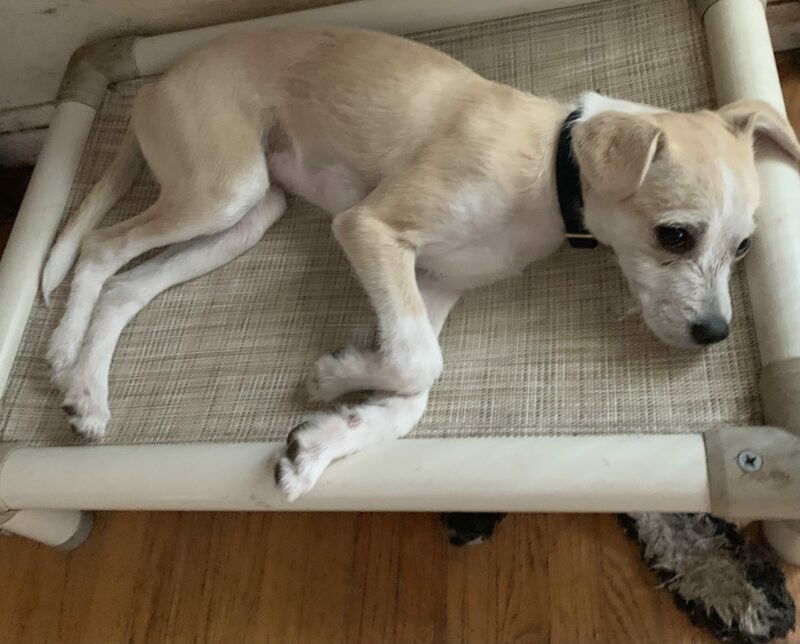
My Puppy Destroyed Her Bed. Now What?
In a recent post in a puppy behavior group, virtually everyone said the ONLY solution to this problem is to
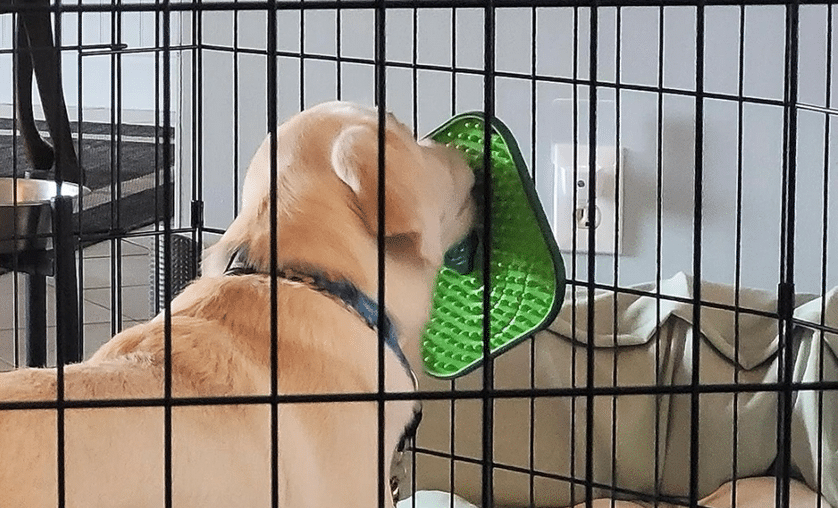
Easy Enrichment for Puppies and Dogs
The easiest enrichment happens at meal times. Puppies need to eat 3 or more times a day while they’re young.
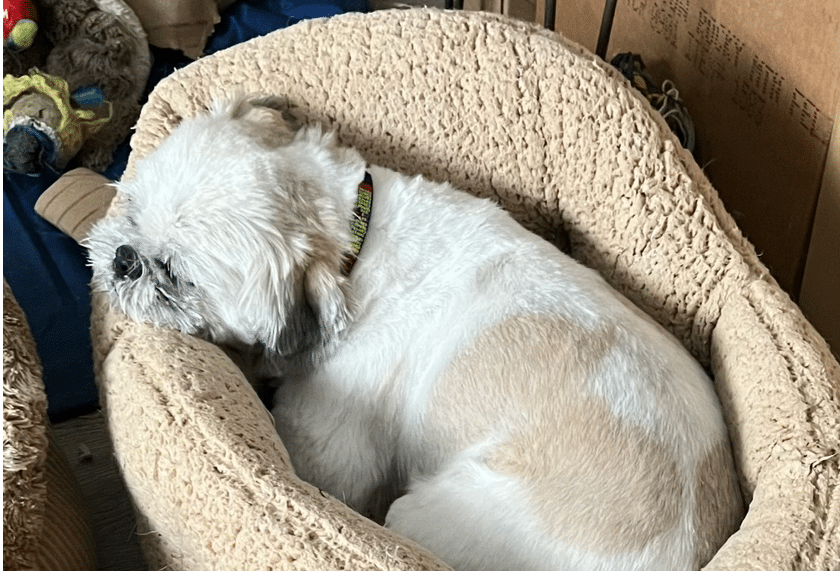
A Nest Bed Can Change a Puppy or Dog’s Life
Dogs are hardwired to seek “dens” for sleep. A den in this context is a small space they can curl
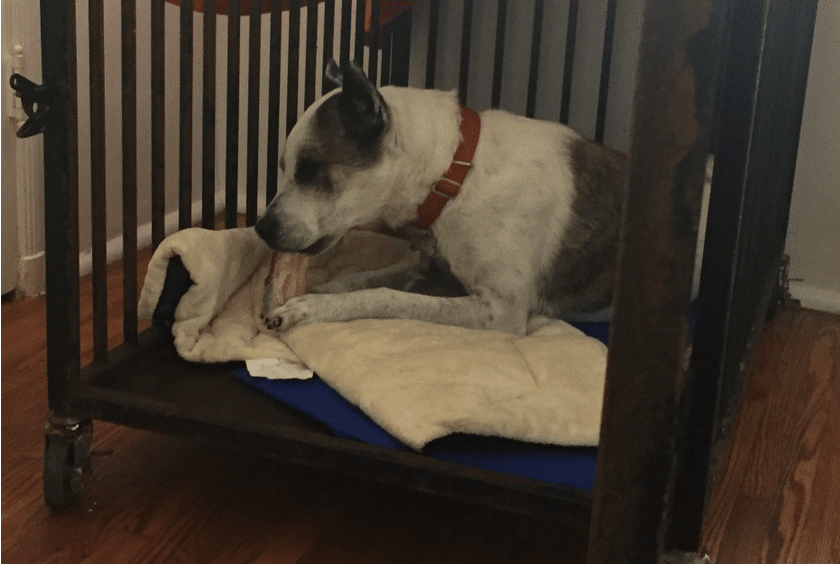
Dogs Dig Dens
This is Bret. He won the dog lottery. When Bret was adopted, he was in a fragile emotional state. His
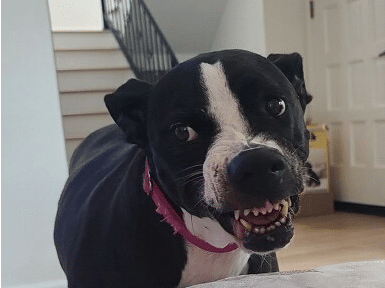
Killing Dogs with Kindness
I met Johnnie at age 8, shortly after he’d been re-homed. His new family called me because he’d been “a
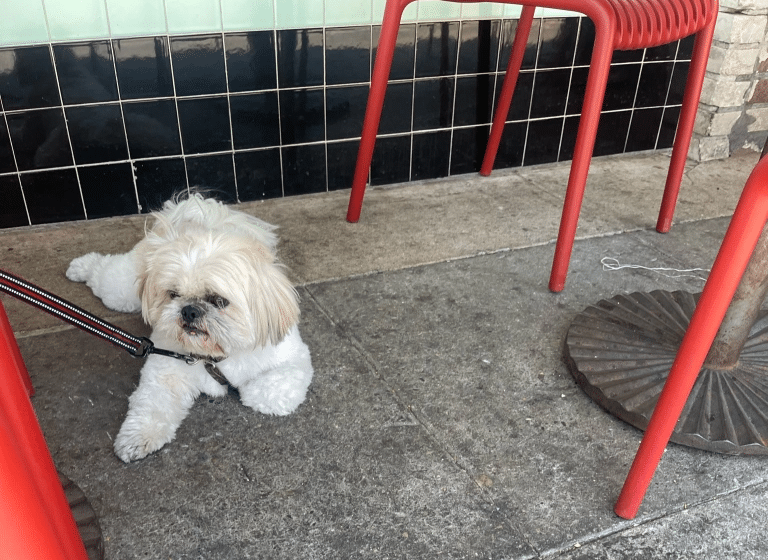
Find Your Reactive Dog’s Safe Zone
The first step in desensitizing a reactive dog to the presence of a trigger is determining how far that dog
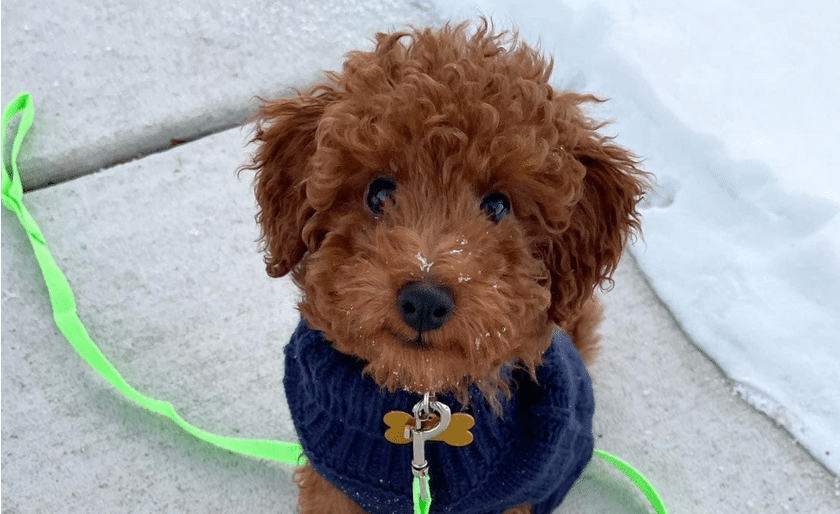
House Training Success Tips
There are lots of myths, urban legends and outdated advice surrounding house training on the Internet. Many involve potentially damaging
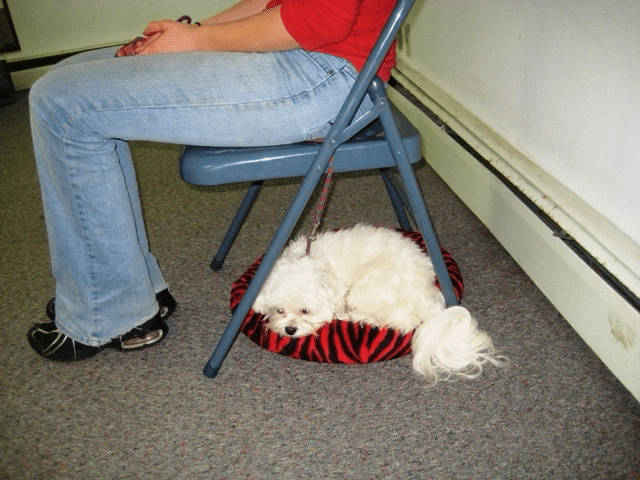
How to Teach Your Dog to Self-Calm
Dogs don’t come pre-programmed for calm. It’s a learned behavior, especially in stimulating environments. For dogs to learn to self-control,
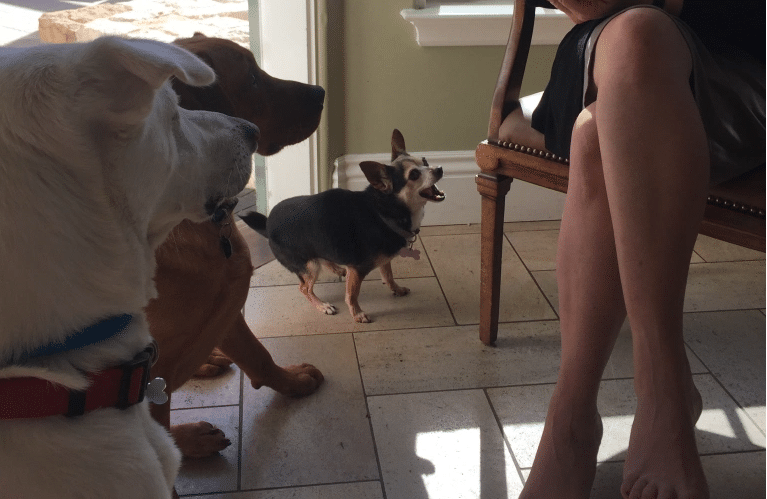
Are You Making it Harder for Your Dog to Learn?
Dogs are primarily physical communicators (body language). Humans are primarily verbal. When our dogs fail to respond as desired to
